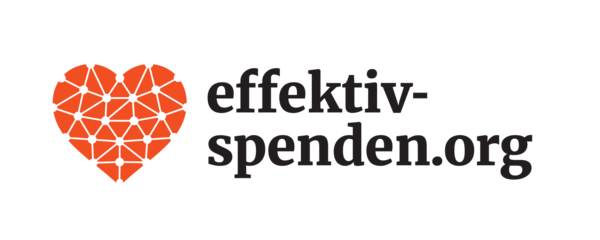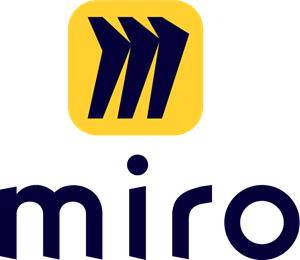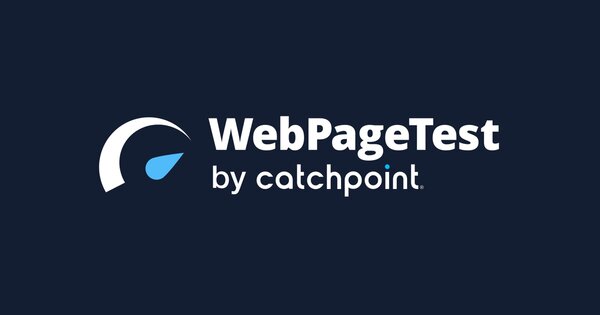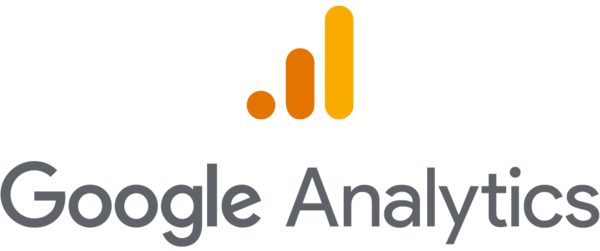A joint kick-off to define goals and KPIs, as well as any specific areas of focus that need to be especially considered in the audit process (e.g. determine which page types are the most relevant for conversions).
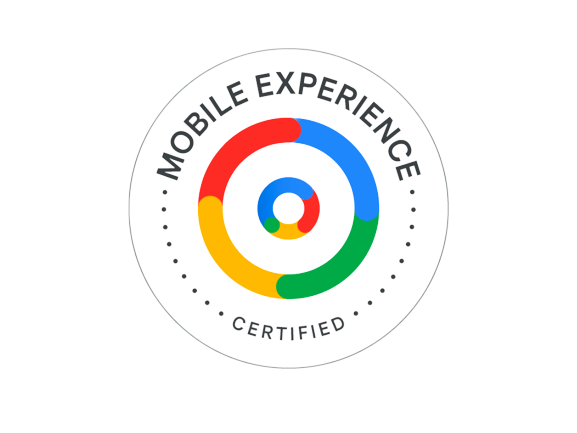
Google Mobile Web Certification
With the Google Mobile Web Certificate, we are officially qualified to advise clients in the areas of mobile web performance and web usability optimisation. Two client cases in the area of mobile speed and mobile UX were submitted for the certification.

